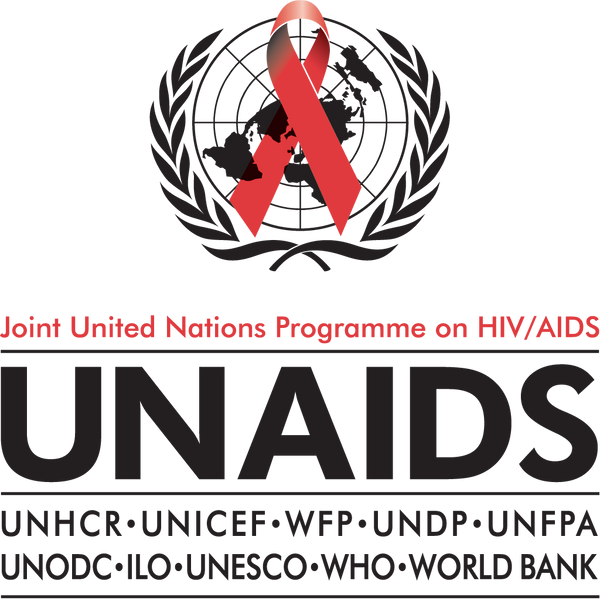Ending AIDS by 2030 requires investment in harm reduction for people who inject drugs
To end the AIDS epidemic by 2030, the global response to HIV must leave no one behind, including people who inject drugs. It requires drug policies and HIV-related prevention, treatment, care and support services that meet both the human rights and the health needs of people who inject drugs.
Estimates show that worldwide there are approximately 12 million people who inject drugs, 1.6 million (14%) of whom are living with HIV and 6 million (50%) of whom are living with hepatitis C. HIV prevalence among women who inject drugs is often greater than among their male peers. UNAIDS estimates that 140 000 people who inject drugs were newly infected with HIV globally in 2014 and there has been no decline in the annual number of new HIV infections among people who inject drugs between 2010 and 2014.
The UNAIDS report Do no harm: health, human rights and people who use drugs shows that having laws and policies that do no harm to people who use drugs and increasing investments in harm reduction programmes and services results in a decrease in new HIV infections and improved health outcomes and delivers broader social benefits.
Click here to read the full article
Keep up-to-date with drug policy developments by subscribing to the IDPC Monthly Alert.
